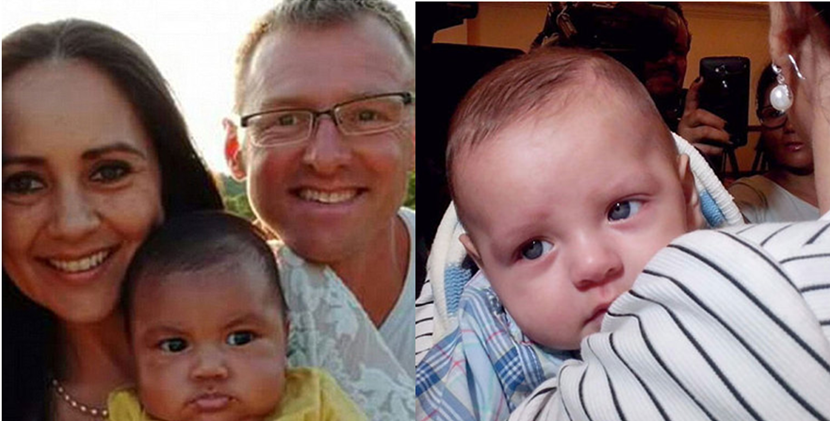DNA testing has become an overarching definition for a variety of genetic tests, but each DNA test is meant for very different purposes. Here’s a brief overview of several common DNA tests.
There are three main groups of DNA testing: Forensics DNA testing, Relationship DNA testing, and Genetic DNA testing.
Forensic DNA Testing
Forensic DNA testing is also called DNA typing or genetic fingerprinting and is used by forensic scientists to help identify people by their DNA. Forensic DNA testing not only helps to identify those involved in a crime, but it’s also used to help identify victims of a catastrophe.
Forensic DNA testing works because each person has a unique DNA sequence called a DNA profile. Although all human DNA is virtually 99.9% identical, one-tenth of a single percent is different. That’s only .01%! This is the DNA that is tested in forensic testing because it distinguishes one person from another.
Types of forensic DNA samples that are submitted vary greatly, several of which contain blood, hair bone or other bodily fluids or tissue. CODIS, also called the Combined DNA Index System is an FBI database containing all DNA profiles on the state and national level. The National DNA Index (NDIS),is a national DNA index of offenders, arrestees and forensic DNA profiles. These are used as tools to assist in solving crimes by finding individuals who may be involved.
Relationship DNA Testing
Relationship DNA tests are used to determine relationships with others either on a personal level or even on a group level. There are several branches that make up this grouping such as genealogical testing (broad level) or paternity testing on a more person (personal level).
First, lets talk about genealogical testing. Genealogical testing is exactly what its title implies: It helps people learn more about their ancestry. This test can help you determine your family lineage such as where your ancestors came from geologically and to whom you may be related . This DNA testing usually involves testing your DNA compared with a pool or group of people within a database to find relationships or commonalities within the population of DNA profiles.
Another type of relationship DNA testing establishes one-on-one relationships, such as paternity testing. This is what HomeDNA Paternity is all about. This type of test can help determine parentage, or in other words, identify someone’s father and you can buy an at-home kit right in the store.
There are other types of relationship tests that must be ordered directly through the lab, such as: grandparent test (if the possible father isn’t available or is unwilling to test); a maternity test (useful in adoption and immigration cases); sibling DNA test to identify if children are full or half siblings or not even related; an aunt/uncle DNA test to determine if someone is an aunt or uncle to a child; a twin zygosity test to determine whether twins are identical or fraternal.
You may need a relationship DNA test for legal purposes, say to establish child custody, child support or for immigration purposes or you may just want to know for peace of mind.
Genetic DNA Testing
Genetic DNA testing, commonly known as clinical DNA testing, is for medical purposes. This test is used to help diagnose and predict risk for health problems.
Newborns are often screened for several genetic disorders and adults and children alike are tested for suspected genetic conditions to help with a diagnosis. Other genetic DNA tests can determine health risks for cancer, diseases, disorders, conditions as well as exercise and drug responses. In addition to helping to determine a suspected genetic condition, it can also predict the chance that person may someday develop or pass on a certain condition to their children. Many of these genetic conditions present themselves in the form of genetic mutations. Although many genetic tests exist, not all genetic disorders or conditions are testable.
There are many more DNA tests that fall within each of these three categories, but these are some of the more common tests.
Originally Posted in 2014: UPDATED OCTOBER, 2021Follow us on Facebook and Twitter! If you have questions about paternity tests or other DNA testing services, please contact our Client Support Center at 888-404-4363, Mon-Fri from 8:30 AM to 5:30 PM Eastern Time. Our friendly, expert representatives are ready and happy to help. Get answers anytime by visiting our Help Center.









